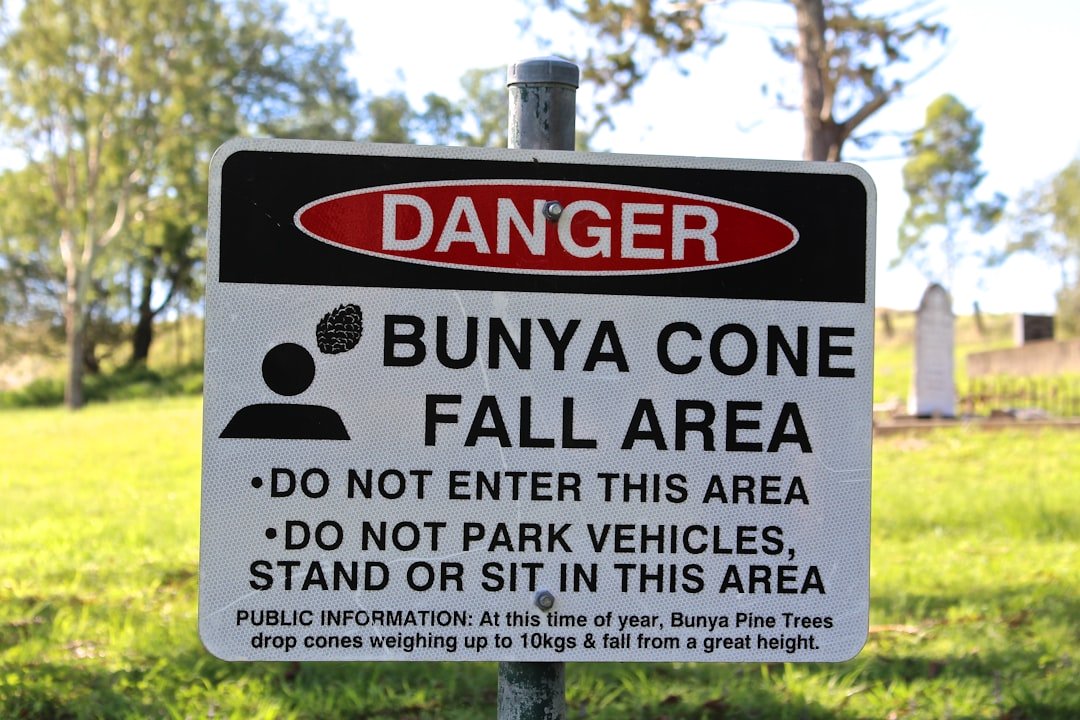
Ever feel like you’re constantly giving away pieces of yourself until there’s nothing left? I’ve been there, and it’s a draining place to be. Learning to enforce personal boundaries isn’t just about protecting your time or energy; it’s about honoring yourself, your values, and your path to a good existence.
For a long time, my boundaries were pretty much non-existent. I’d say yes to everything. I’d let people take advantage of my time. I’d even let my own bad habits run rampant, like endless gaming sessions or binge eating, because I lacked the self-discipline to draw a line. It felt like I was constantly operating at a deficit. But through a journey of personal growth, which included losing over 110 pounds, building a productive routine, and strengthening my Orthodox Christian faith, I discovered the power of a firm "no" and the peace that comes with protecting your space. It’s not always easy, but it’s always worth it.
Here are 20 tips I’ve learned for enforcing your personal boundaries, so you can reclaim your peace and live a more intentional life.
Understand Your Personal GPS
Before you can set boundaries, you need to know what you’re protecting. Think of it like a personal GPS.
- Know your limits: What truly drains your energy? What are your non-negotiables? Get clear on these things.
- Identify your values: What matters most to you? Your family, your faith, your health, your work? Boundaries should align with these core values.
- Tune into your feelings: Pay attention to resentment or exhaustion. These are often signs that a boundary is needed.
- Prioritize your well-being: Your physical, emotional, and spiritual health come first. Protecting them isn't selfish; it's essential.
- Realize boundaries are self-care: Setting boundaries means you respect yourself enough to create a safe space for your needs.
Communicate with Clarity and Confidence
Once you know what you need, you have to express it. This is where many of us stumble. We worry about hurting feelings or causing conflict.
- Be direct: Don’t hint. State your boundary clearly and simply. "I can't take on that extra task right now."
- Use "I" statements: Focus on your feelings and needs. "I feel overwhelmed when I stay up late gaming, so I'm stopping by 9 PM." This makes it about you, not an accusation.
- Keep it simple: You don’t owe anyone a detailed explanation. A concise statement is powerful.
- Say "no" without guilt: This takes practice. Remember, "no" is a complete sentence. You don't need to apologize for honoring your needs.
- Don't over-explain: The more you explain, the more opportunities others have to debate or persuade you. Short and firm is best.
Set and Hold the Line
Communicating your boundary is one thing; consistently upholding it is another. This requires courage and consistency.
- Start small: Practice with low-stakes situations. Say no to an extra coffee outing if you need that time for yourself.
- Be consistent: A boundary only works if you enforce it every time. If you sometimes let it slide, people will test it.
- Set consequences: What happens if someone crosses your boundary? You don't need to be aggressive. "If you continue to call me after 9 PM, I won't answer."
- Walk away if needed: Sometimes, the best way to enforce a boundary is to remove yourself from the situation or conversation.
- Don't apologize for your needs: Your boundaries are valid. You don't need permission or approval to protect yourself.
Strengthening Your Inner Core
Enforcing boundaries gets easier when you’re strong from the inside out. This has been a huge part of my own journey. I had to learn to believe in my worth and draw strength from something bigger than myself.
- Practice self-compassion: You won’t always get it right. Be kind to yourself when you slip up, and try again.
- Seek support from trusted friends: Talk to people who respect your boundaries and encourage your growth. They can offer validation and advice.
- Connect with your faith: For me, strengthening my Orthodox Christian faith provided a bedrock. Understanding God’s love for me and my inherent worth changed how I saw myself. It gave me the inner strength to say no to things that pulled me away from my purpose, like my old gaming addiction, and the resolve to pursue a healthier lifestyle, shedding those 110 pounds. When I rely on God’s grace through prayer, I find the courage to uphold the boundaries I set.
- Celebrate your small wins: Every time you successfully enforce a boundary, acknowledge it! These small victories build confidence. This is a habit I’ve adopted in my productive routine, and it really works.
- Remember your worth: You are a unique and valuable person. Your time, energy, and peace are precious. Protecting them is an act of self-love and good stewardship of the gifts you’ve been given.
Learning to enforce boundaries is a lifelong journey. It’s about building a healthier relationship with yourself and with others. It allows you to create space for what truly matters to you, whether that’s deep work, prayer, or quality time with loved ones.
What’s one boundary you can set or strengthen this week to reclaim a little more peace in your life? Take that small step today.





